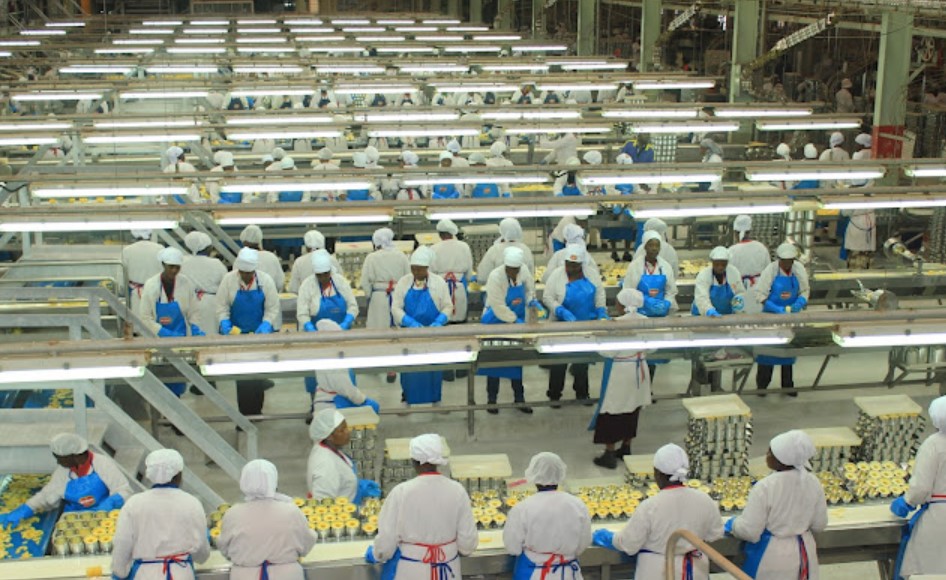Delmonte has introduced a new fertilizer facility to transform surplus pineapple materials into environmentally friendly biofertilizers.
In partnership with Vellsam Materias Bioactivas, the fruit processing company will produce biofertilizers that utilize microbes to enhance plant growth by boosting essential nutrient availability, improving soil quality and plant yield, and offering an eco-friendly alternative to conventional fertilizers.
In a statement, Fresh Del Monte Produce Inc. revealed that the partnership will explore ways to optimize the use of Fresh Del Monte’s pineapple residues by developing biofertilizers.
The partnership, De l’Ora Bio, has established a biofertilizer plant in Kenya as the first phase of its joint venture into biofertilizer production.
The newly established biofertilizer plant will utilize leftover residues from the pineapple cannery to produce various biofertilizers that will cater to the company's needs and be available for sale to other farmers in Kenya and neighboring East African countries.
Did you read this?
Fresh Delmonte Chief Executive Officer (CEO) Mohammad Abu-Ghazaleh said the partnership represents a significant milestone in transforming the agricultural industry's operations.
“It embodies our values of innovation, environmental responsibility, and pushing the limits of what is achievable in agriculture,” he said.
The new plant is undergoing testing and is expected to be fully operational by June. Projections from Precedence Research indicate that the global biofertilizers market is set to reach approximately USD 9.14 billion by 2032.
This growth is attributed to a growing emphasis on sustainable agricultural methods, a higher demand for organic food products, and government programs that support biofertilizers.
“We are proud to be the leading exporter of Kenyan products and are committed to promoting sustainable practices, such as our bio-fertilizer plant initiative,” said Wayne Cook, deputy managing director of Del Monte Kenya.
Researchers suggest biofertilizers could offer a cost-effective alternative to expensive chemical fertilizers for smallholder farmers in Kenya.
The government has further implemented a subsidy on fertilizer prices for farmers.
This initiative allows registered farmers to purchase a 50-kilogram bag of fertilizer for Kes 2,500, significantly reducing the cost from the market price of Kes 6,500.









